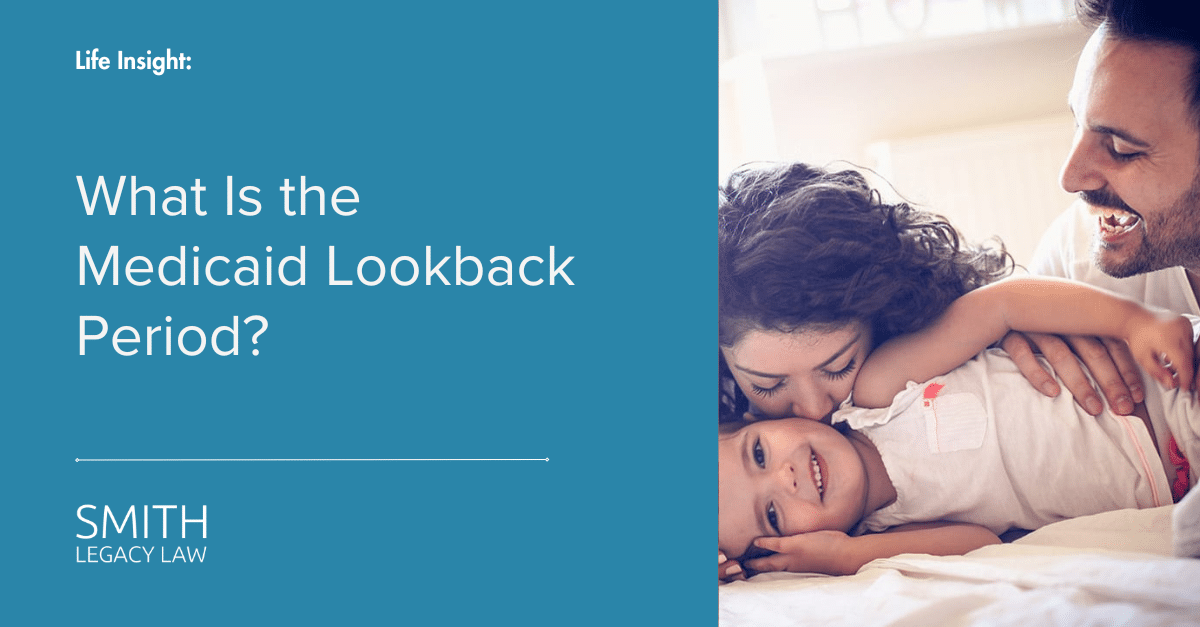As you age, it is important to think about issues like long-term care. Most people end up needing at least some care in their lifetime, but it is costly and you can deplete your savings quickly. If you want to protect some of your assets, Medicaid planning may be the answer. However, you need to start early because of the Medicaid lookback period.
When Does Medicaid Cover Long-Term Care?
Unlike Medicare, Medicaid does cover extended nursing home and home care assistance. However, to receive those benefits, you have to qualify for Medicaid financially, meaning that your income and assets must be below a specific threshold that varies by state. You also must demonstrate that because of your medical condition, you have a functional need for a certain level of care.
How Does Medicaid Planning Help Pay for Long-Term Care?
The purpose of Medicaid planning is to help qualify you for Medicaid financially while still retaining some of your assets and income. It allows you to legally transfer your excess assets before you need Medicaid, so they are not counted when Medicaid is evaluating whether you qualify. However, such transfers are subject to the Medicaid lookback period.
How Does the Medicaid Lookback Period Work?
When you apply for Medicaid, you are asked to provide financial information for a certain period of time. Gifts to third parties or sales of assets for less than fair market value within that lookback period are deemed to still be your assets and if they exceed the assets allowed by Medicaid, you will not qualify for a specified penalty period.
The length of the lookback depends on whether you are applying for nursing home or home care coverage. It also varies based on your state of residence.
In New York, the lookback for nursing home coverage is 60 months (5 years). For home care, it is currently in flux. In 2020, a new law was passed creating a 30-month (2 ½ year) lookback period for homecare to be phased in. Prior to that law’s enactment, there was no lookback period for home care. However, due to the pandemic, implementation of the lookback has been delayed. It will not begin until at least October 1, 2022, but may be delayed further.
In Connecticut, the lookback for nursing home and home care coverage is 60 months.
If a transfer is made, a penalty period is imposed during which time you will not be eligible for Medicaid. The penalty period is calculated by dividing the value of the gift by the average cost of private-pay nursing home care in the state or county where you live. For example, in Connecticut in 2022, it is $13,863 per month, so if you are looking to qualify today and gifted $25,000 within the last 5 years, you will be disqualified for 1.8 months. In New York, the amount varies by county.
Note that the lookback does not apply to transfers between spouses and certain other transfers.
As a result of the lookback, it is critical to begin Medicaid planning well before you need long-term care so you can preserve assets.
Our attorneys have extensive experience with Medicaid planning. Contact us to discuss your situation.
